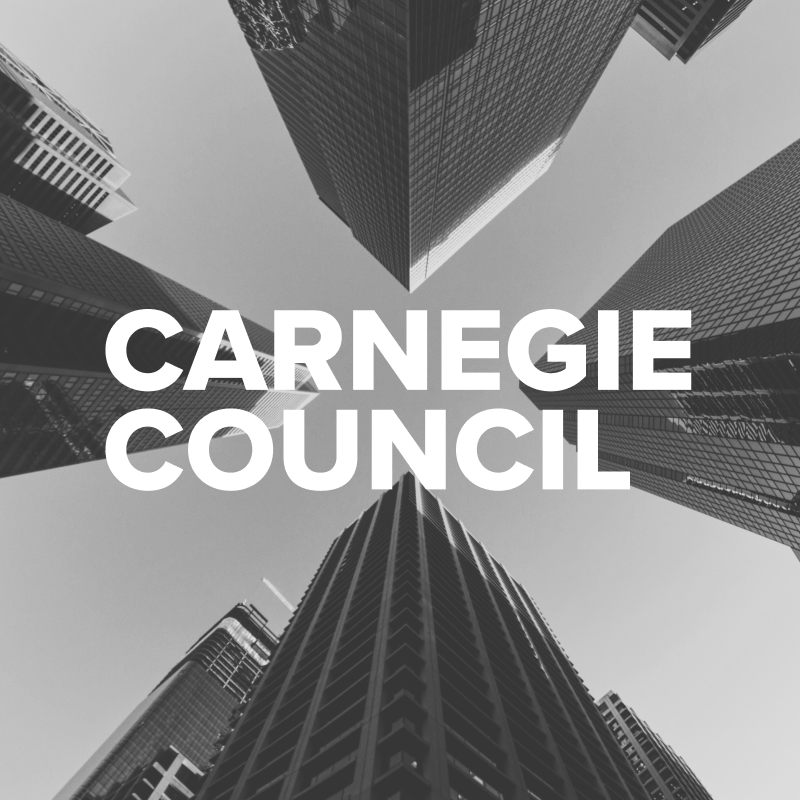Au cours des deux dernières décennies, la modification du rayonnement solaire est passée du stade de l'expérience intellectuelle à celui d'un projet sérieusement envisagé, explique Ken Caldeira, climatologue pionnier, lors d'un "C2GTalk". Le monde doit comprendre ce qui se passerait si quelqu'un ressentait le besoin de refroidir rapidement la Terre, et cela exige que les scientifiques soient en mesure d'effectuer davantage de recherches. "Il est justifié de limiter l'acquisition de connaissances si elle risque d'entraîner des dommages imminents", explique M. Caldeira, mais ce n'est pas le cas pour les expériences de modification du rayonnement solaire.
This interview was recorded on January 26, 2022 and is available with interpretation into 中文, Español, and Français.
Over the last two decades, solar radiation modification has gone from an intellectual experiment to something people are seriously considering, says pioneering climate scientist Ken Caldeira during a C2GTalk. The world needs to understand what would happen if somebody felt the need to cool the Earth rapidly, and that requires the ability for scientists to do more research. "There is a case to limit knowledge acquisition if it would lead to imminent harm," says Caldeira, but this is not the case for solar radiation modification experiments.
Ken Caldeira is senior staff scientist (emeritus) with Carnegie Institution for Science, and world famous for his work on the global carbon cycle and climate change. He was a lead author for the Intergovernmental Panel on Climate Change’s fifth assessment report and a co-author of the 2010 US National Academy America’s Climate Choices report. Caldeira also participated in the UK Royal Society’s geoengineering panel in 2009. He is also senior scientist at Breakthrough Energy, which supports innovation to reach zero carbon emissions.
For more, including an edited transcript, please go to C2G's website.





